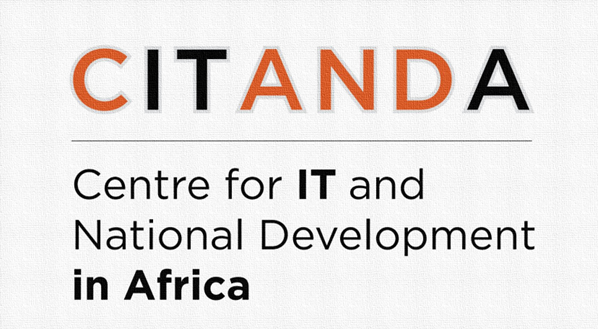Abstract
The study sought to understand how the structurational environment shapes socioeconomic outcomes of government workspace digitalization in Ghana based on a qualitative, interpretive case study and the structurational model of technology as a theoretical lens. The findings show how the availability of electronic transactions law, government borrowing, and extendable system design can positively influence socioeconomic outcomes of government workspace digitalization. However, use of multiple system development environments, bureaucracy, a within-country digital divide, and a persistent physical signature and letterhead culture can negatively influence the socioeconomic development goals of government workspace digitalization.
Included in
Management Information Systems Commons, Science and Technology Studies Commons, Technology and Innovation Commons


